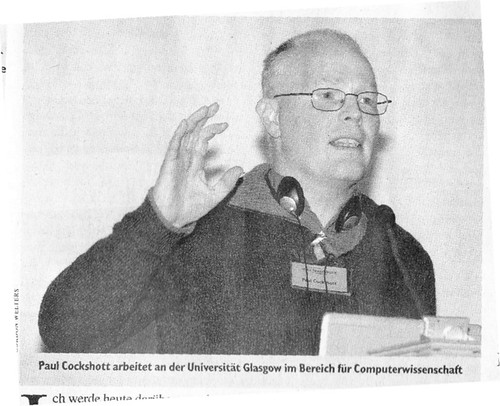After a quick read the law seems to be silent on certain key issues.
1. Who has the power of seigneurage over the communal currency. The bank of venezuela has the responsibility of regulating it, but who has the power to issue these new monies.
2. The bank has the obligation to ensure exchange at the ratio 1/1 with the bolivar, how will it do this if other organisations have the power to issue them?
For this to work one would need a communal bank for each area that was issuing the currency, and this bank would have to have strict reserve ratio enforced with respect to the Bolivars it holds relative to the communal units of currency that it issues.
The system is quite feasible with appropriate regulation, and the British currency system works this way, and has done for some three hundred years, so for example the banks in Scotland, Northern Ireland, the Isle of Man and the Channel Islands are able to issue local currencies to expedite local exchange. In Scotland the great majority of the currency circulating is locally issued. However this is only feasible because the banks that issue the currency are obliged to hold reserves of GB Pounds to back their issues of local currency. In this they are no different in principle from other banks who issue their own money in the form of credit cards, except that the Scottish and Northern Irish notes are bearer bills.
It is possible that the Bank of Venezuela will issue detailed regulations relating to this.
The grave danger here is that a power of seigneurage will pass to local groups who will issue currency in an uncoordinated fashion. This will be inflationary and would in short order lead to that local currency loosing its value relative to the Bolivar. If on the other hand the central bank has an obligation to back these local notes, the net effect would be to accelerate the devaluation of the Bolivar itself, whilst in the process opening up huge opportunities for corruption on the part of those responsible for the issuing of the local currencies.
Conclusion
If the aim is just to increase local liquidity and provide credit for local enterprises which could not readily obtain it from central banking institutions there may well be something to be said for the proposal, provided it is properly regulated to ensure that there is no inflationary creation of money. However, such a policy is not in itself socialist, but perfectly compatible with capitalist economy, since a system very like this underlay the expansion of capitalism in Britain since 1700.
Wednesday, 27 August 2008
Subscribe to:
Post Comments (Atom)

2 comments:
Very useful analysis, thanks.
about this last bit: "However, such a policy is not in itself socialist, but perfectly compatible with capitalist economy, since a system very like this underlay the expansion of capitalism in Britain since 1700."
I think we are going to see some interesting blurring of definitions and awareness of new models in the near future, as more people become aware of the inherent massive contradictions of some current facets of capitalism (ej. the drive to exploit natural resources way beyond survival-sense), and this mind-change meets with ever more adventurous experiments by socialists and other social experimentors.
Many dichotomies we've previously held as basic and 'obvious' (ej. 'right' and 'left', 'male' and 'female', etc.) I think will increasingly show themselves to be eminently discardable, and just mind models, which we can substitute for more workable ones, as we create them.
Exciting times!
Stella
http://permacultureinstitute.pbwiki.com/Stella
You write very well.
Post a Comment